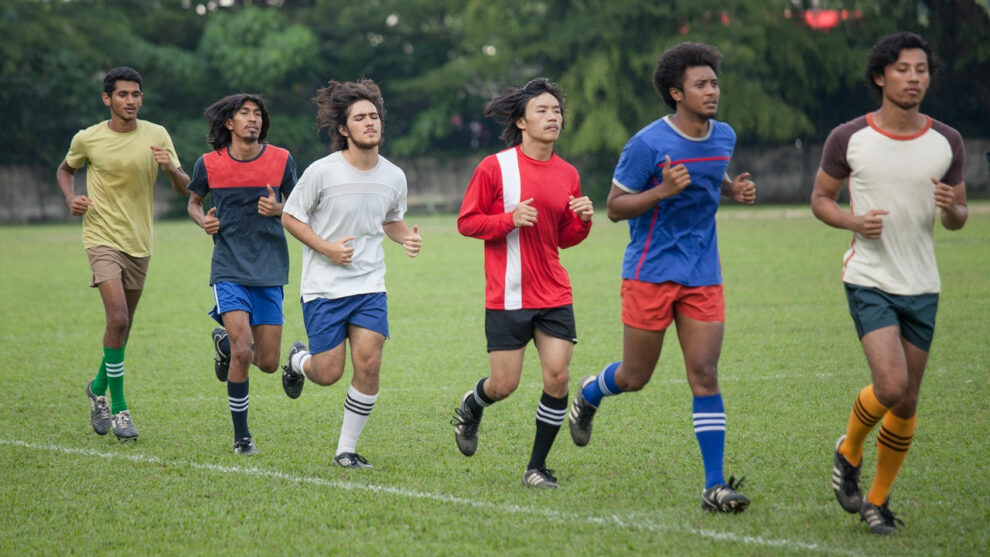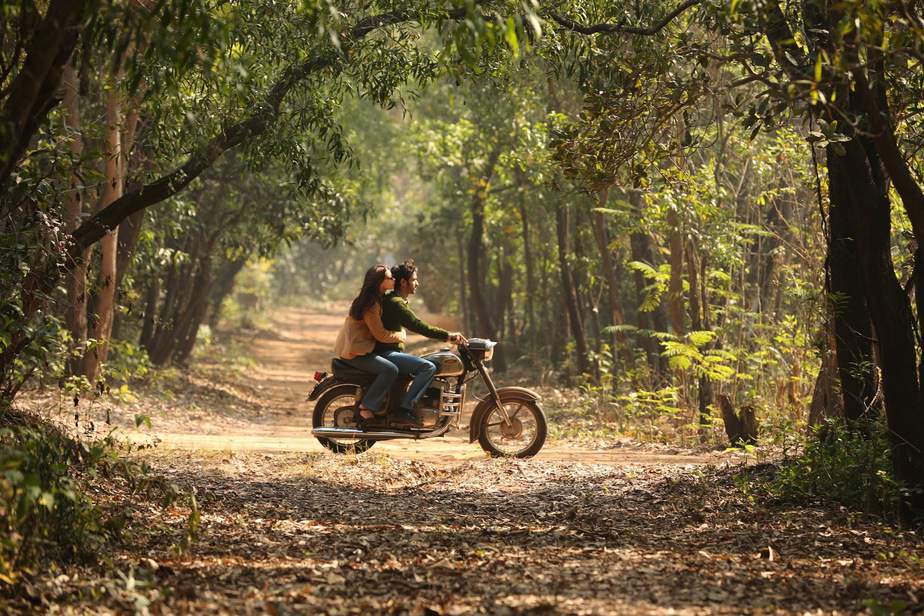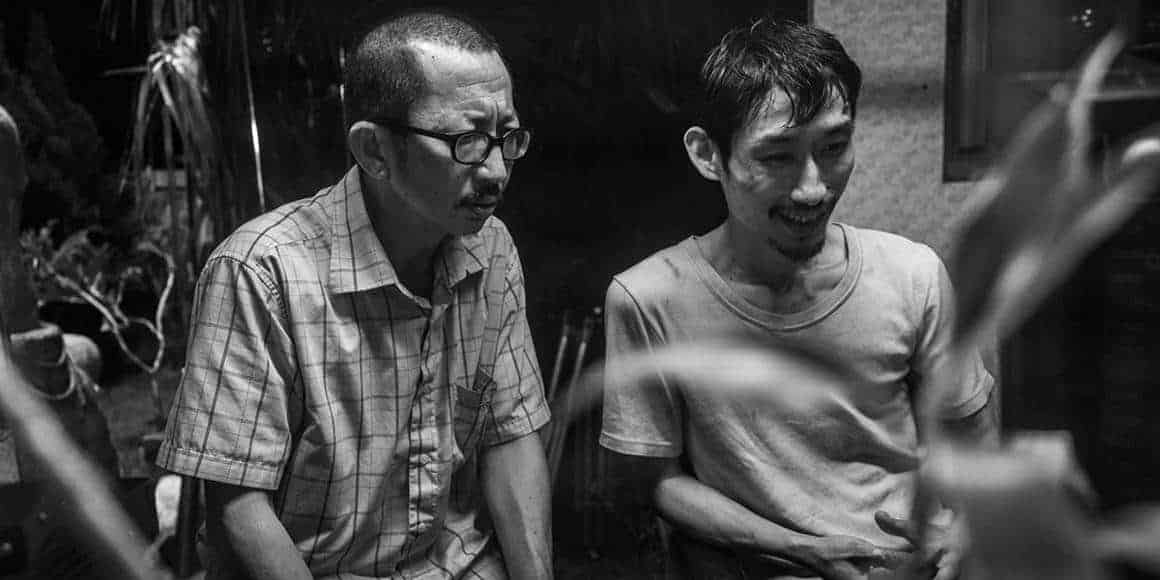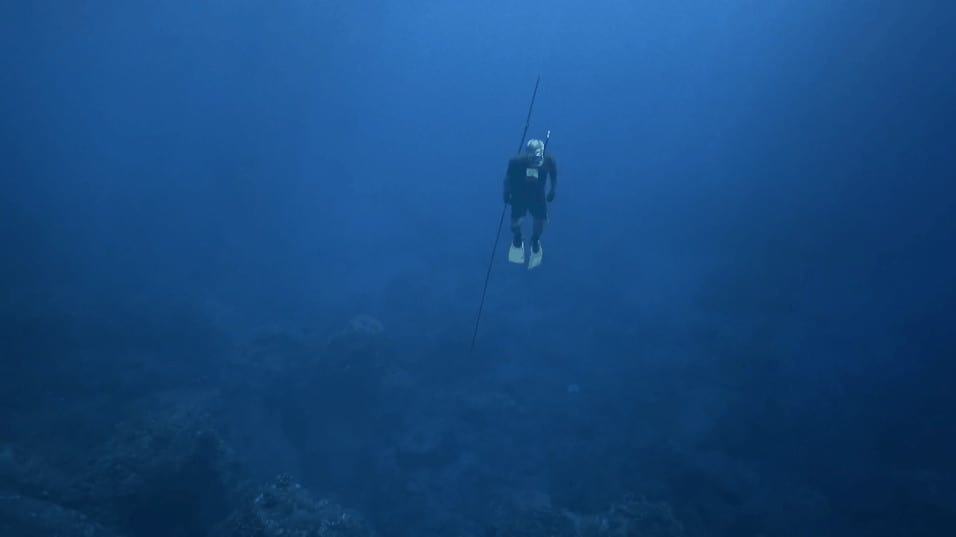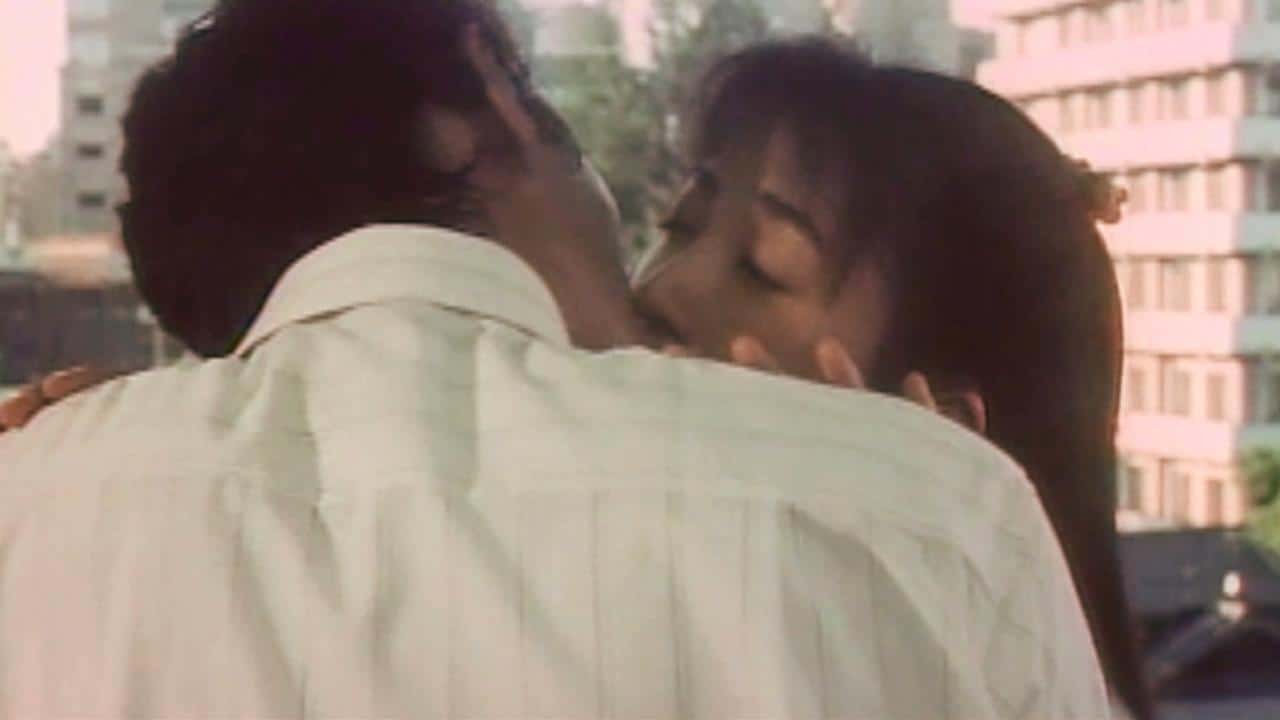by Yann Benarrous
Have you ever asked yourself why football is so popular in the media all around the world? British heritage? Not really, considering that commonwealth countries generally prefer cricket. Because of its massive wealth and marketing strike force? Probably, but it can as well be considered as the consequence of it. No. It is far simpler: football is politics. Football is gathering all our modern societies' nonsense: inequality, hopes, unfairness, unpredictability, and fast-food joys. And beyond its light entertainment disguise, “Ola Bola” is definitively a political film.
Check also this interview
Political is the plot since in all respects, it emphasizes societal issues of the modern Malaysia. Indeed once should not forget that Malaysia was not even a country prior to 1964, it is made of very distinct communities and that it has enjoyed almost unintentionally a formidable growth in the 80s surfing on the leftovers of the Four Asian tigers.
Political indeed when we meet Mariane, an ambitious but disillusioned journalist, who has decided to soon emigrate to England considering the little opportunities she has here. As a last assignment, she is, nevertheless, invited by her chief editor to interview Eric Yong, a former national team football team player, who was once part of the squad who has successfully qualified for the 1980 Olympics.
Political to see that Eric is from Sabah, that “somehow oversea“ territory of Malaysia and from a wealthy family as the opposite of most of his teammates. While Marianne is meeting Eric at his home with his family, a flashback immerses us straight into the changing room of the National team some 30 years ago. And at this moment, qualification was not even an option, with an apparently hopeless team : a shabby mix of talented but individualist players like the captain Chow Kwok Keong and loosely amateurs like Eric. Political again when the team have to hire a British coach, Harry Mountains to take over: despite the resistance to this return to the (colonial) past, would Harry be the one providing guidance toward success (no spoiling there, the story is known.) ?
Each player 's narrative refers to a little piece of the puzzle of the various communities making the country: the wannabe commentator of Malay origin having to face a rigid establishment annoyed by his obvious modernity, the plantation farmer's son of Indian origin who has to take his responsibility facing his poor and large family, Chow of Chinese origin who has to learn to be collective by accepting less talented teammates and Eric of Borneo origin, an anonymous goalkeeper's substitute promoted to a starter striker to electroshock the team. All together to fight on the path to success until a final (and definitively political) twist: All this national epic to convince Mariane that the future is here. “Malaysia Boleh !”as they say. Political.
Talking about cinema, the heterogeneity of the casting made of mostly non-professional actors makes the direction a bit fragile. Emotional scenes are not the most remarkable parts here. However, despite stereotypical but touching characters, the direction brings the necessary empathy that we could expect for such a popular comedy. It works. But the real plus is actually the sport action scenes that are surprisingly vivid for a relatively low budget film: it brings a delicious vintage and invigorating touch to what could have been boring for a non-specialist. Besides, assuming that the use of flashbacks can be nowadays a risky game, the editing is properly done, with sobriety and intelligence, avoiding losing the audience among the numerous parallel storylines.
Cleverly dressed as a feelgood comedy, which “Ola Bola” is not, Chiu's movie, after “The Journey” (2014) and before “Ma I love You” (2023), is dissecting once again the Malaysian society, scrutinizing its open wounds with benevolence and impartiality, almost casually. Comedy is politics.


